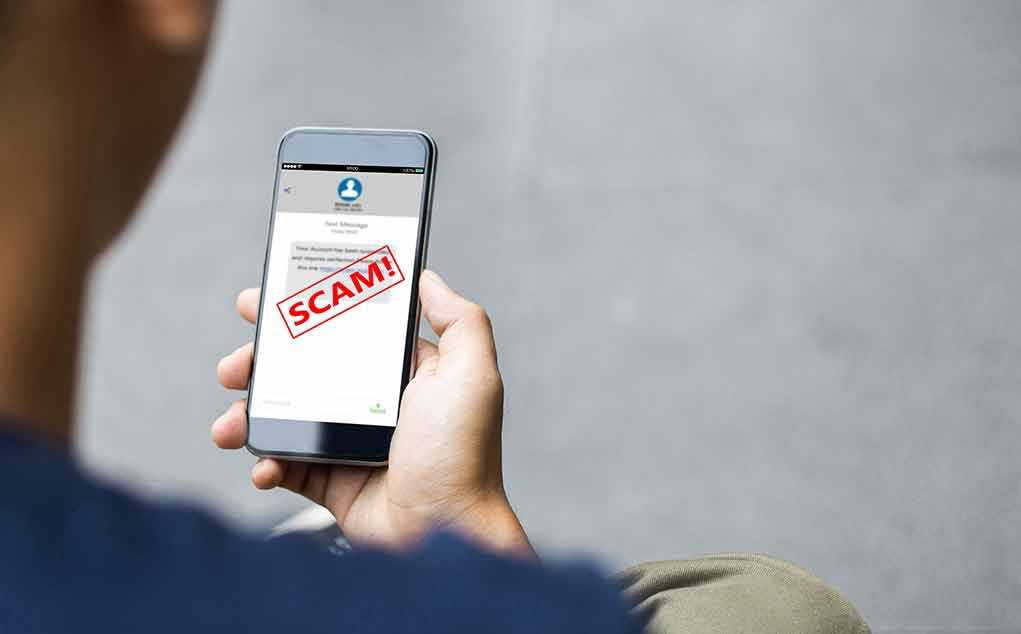
Atlanta drivers’ act of charity turned into a $1,100 nightmare as street water vendors are using sophisticated digital payment scams to rob unsuspecting motorists of thousands.
Key Takeaways
- Atlanta’s “water boys” are bypassing Cash App security measures to steal hundreds or thousands of dollars from drivers attempting to make small purchases
- Multiple victims have reported losses exceeding $1,000 after handing their phones to vendors or scanning QR codes
- Security experts recommend never handing over your phone, avoiding QR code scans from unknown sources, and using cash for roadside purchases
- Atlanta police have received multiple reports, including incidents where victims were held at gunpoint or had vehicles stolen during interactions
- Georgia Tech has documented four crimes linked to these vendors, including armed robbery and theft by deception
Digital Highway Robbery: How “Water Boys” Are Draining Bank Accounts
What initially appears as a simple transaction with Atlanta’s roadside water vendors has become a sophisticated digital scam targeting drivers across the city. These vendors, known locally as “water boys,” have graduated from selling bottled water to orchestrating elaborate financial theft using mobile payment apps. The scam typically begins with a seemingly innocent water sale but quickly escalates when vendors manipulate payment apps after gaining access to victims’ phones. Tristen Richardson became one of many victims when what should have been a $2 water purchase resulted in a $1,100 unauthorized transfer.
“My heart sank because I was like, oh my God, that’s like a big chunk of money,” said Tristen Richardson, victim of the Cash App scam.
Richardson’s experience is far from isolated. Multiple drivers have reported similar incidents at Atlanta intersections. Another woman lost $800 after scanning a QR code offered by water vendors. What’s particularly alarming is how these scammers are circumventing financial security protocols. The scammers appear to have discovered methods to bypass Cash App’s standard verification requirements, allowing them to transfer funds without the additional security steps that would normally alert account owners to suspicious activity.
Escalating From Scams to Violent Crime
The severity of these incidents has escalated beyond digital theft to include physical crimes. Atlanta police have received reports of drivers being held at gunpoint during interactions with these vendors. In one particularly brazen case, a Buckhead resident had both his phone snatched and Range Rover stolen after a vendor spotted a $12,000 balance displayed on his Cash App. Georgia Tech authorities have documented at least four crimes connected to these roadside vendors, including armed robbery and multiple instances of theft by deception.
“I was just shocked man, I was like ‘Dang’, I didn’t expect it from pretty much like kids,” said a Buckhead resident who lost both his phone and vehicle during an encounter.
Richardson’s ordeal began when a vendor approached her window at an intersection. What started as a simple transaction quickly turned suspicious. “One of the boys came up to my window,” Richardson recounted. “He took the phone. He was like, nah, let me just, let me just type in the right username.” That moment of handing over her unlocked phone gave the scammer all the access needed to initiate the unauthorized transfer. Richardson has since filed a police report, opened a dispute with Cash App, and started an online fundraiser to recover her losses.
Protecting Yourself From Digital Highway Robbery
Security experts are warning drivers to take specific precautions to avoid falling victim to these increasingly common scams. The most important rule is never to hand your unlocked phone to strangers, regardless of how innocent the transaction may seem. For those who wish to support legitimate vendors, carrying small denominations of cash is recommended as the safest payment method. QR codes, which have become ubiquitous in legitimate commerce, present another vulnerability when presented by unknown individuals on roadsides.
“If you don’t see where this QR code is leading you to, it could be a scam,” said Rajiv Garg, security expert.
For those who use mobile payment apps regularly, enabling additional security features is essential. These include requiring PIN codes or biometric verification for all transactions, regardless of amount. Some apps also offer settings to limit transaction amounts or require secondary verification for transfers above certain thresholds. When approached by aggressive or suspicious vendors, experts advise trusting your instincts and driving away without engaging. The momentary awkwardness of declining a transaction is far preferable to the financial and emotional distress of becoming another victim of this growing criminal enterprise.











